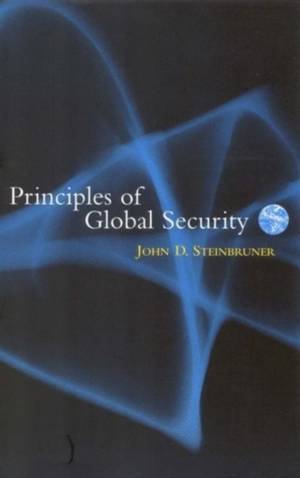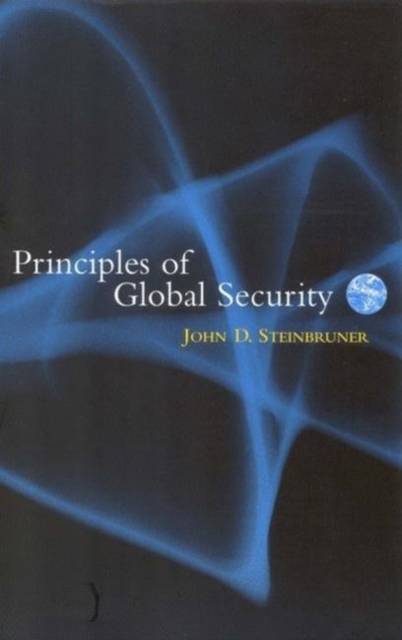
- Retrait gratuit dans votre magasin Club
- 7.000.000 titres dans notre catalogue
- Payer en toute sécurité
- Toujours un magasin près de chez vous
- Retrait gratuit dans votre magasin Club
- 7.000.000 titres dans notre catalogue
- Payer en toute sécurité
- Toujours un magasin près de chez vous
Description
From the earliest human records, warfare has been both an organizing focus and a prime source of political motivation. Countless battles have been fought in the course of colonizing the planet, and the experience has created a legacy of military confrontation that many people consider immutable. Since preparations for war and the occasional conduct of it have been central preoccupations for virtually all the major states throughout time, it is widely assumed that the pattern is rooted in human nature and will endure indefinitely. But contemporary civilization is undergoing a monumental transformation affecting its most basic features. The combined effects of information technology, population dynamics, and the globalization of economic activity are altering some of the critical operating conditions of human societies and appear to be inducing a new pattern of interaction. Correspondingly, fundamental changes in the practice of war-or what is now more politely called international security-can be expected to follow. Principles of Global Security anticipates the major implications of this massive transformation for security policy. John D. Steinbruner, one of the nation's leading specialists on defense issues, identifies formative problems and organizing principles relating to the predictable issues of security. He examines in sequence how the configuration of nuclear and conventional forces might be affected, how the problems of communal violence and dangers of technical proliferation might be managed, and how security relationships among the major states might be altered. One of the fundamental implications of globalization in a post-cold war environment is a shift in security policy from deterrence to reassurance, from active confrontation to cooperative engagement. Without an opponent to justify preparation for large-scale traditional missions, nations must establish safer and less volatile patterns of deployment. Maintaining global security in the twenty-"
Spécifications
Parties prenantes
- Auteur(s) :
- Editeur:
Contenu
- Nombre de pages :
- 286
- Langue:
- Anglais
Caractéristiques
- EAN:
- 9780815780953
- Date de parution :
- 01-04-00
- Format:
- Livre broché
- Format numérique:
- Trade paperback (VS)
- Dimensions :
- 151 mm x 229 mm
- Poids :
- 394 g







